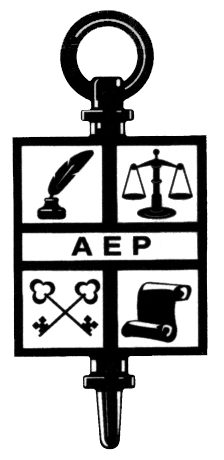How to maintain family harmony with Trusts
A traditional trust can sometimes create a conflict between the lifetime (i.e. beneficiaries that have an interest in trust assets just for their lifetime) and remainder beneficiaries (i.e. beneficiaries that have an interest in the trust after the lifetime beneficiary). For example, a person may establish a trust that gives their surviving spouse a lifetime income interest in the trust assets but, upon the spouse’s death, pays the remainder of the trust’s assets to their children. In that situation, investment strategies that provide growth that benefits the children (the remainder beneficiaries) can leave the spouse (the lifetime beneficiary) with little or no annual payouts. The Trustee may forego investments that maximize the trust assets because the trustee is worried about maximizing income for the lifetime beneficiary. This tension can make it difficult for an estate plan to achieve its objectives and places a trustee in a difficult position. A total return unitrust (TRU) may offer a solution.
A TRU frees the trustee to employ investment strategies that maximize growth (total return) for the remainder beneficiaries without depriving lifetime beneficiaries of income. Rather than pay out its income to the lifetime beneficiary, a TRU pays out a fixed percentage (typically between 3% and 5%) of the trust’s value, recalculated annually, regardless of the trust’s earnings.
Issues to consider when creating a TRU
It’s important to plan a TRU carefully, such as by projecting the benefits your beneficiaries will enjoy under various scenarios, including different payout rates, investment strategies and market conditions. Keep in mind that, for a TRU to be effective, it must produce returns that outperform the payout rate, so don’t set the rate too high. Utah law must be considered as well. A TRU can be established in Utah law if certain requirements are met.
Converting an existing trust into a TRU
If you’re concerned that an existing, irrevocable, income-only trust may be unfair to certain beneficiaries, Utah law allows an income-only trust to be converted to a total return unitrust in certain circumstances. However, it is important to make such conversion carefully and with the assistance of an experienced estate planning attorney.
An IRS private letter ruling clarifies that converting a trust into a TRU according to state law shouldn’t have any negative federal tax implications. It doesn’t cause the trust to lose its grandfathered status for generation-skipping transfer tax purposes.
Is a TRU right for you?
By aligning your beneficiaries’ interests, a TRU can relieve tension among your loved ones and allow your trustee to concentrate on developing the most effective investment strategy. We can project TRU benefits for you under various scenarios, help you find out what’s permitted in your state and provide additional details about TRUs.
© 2018






